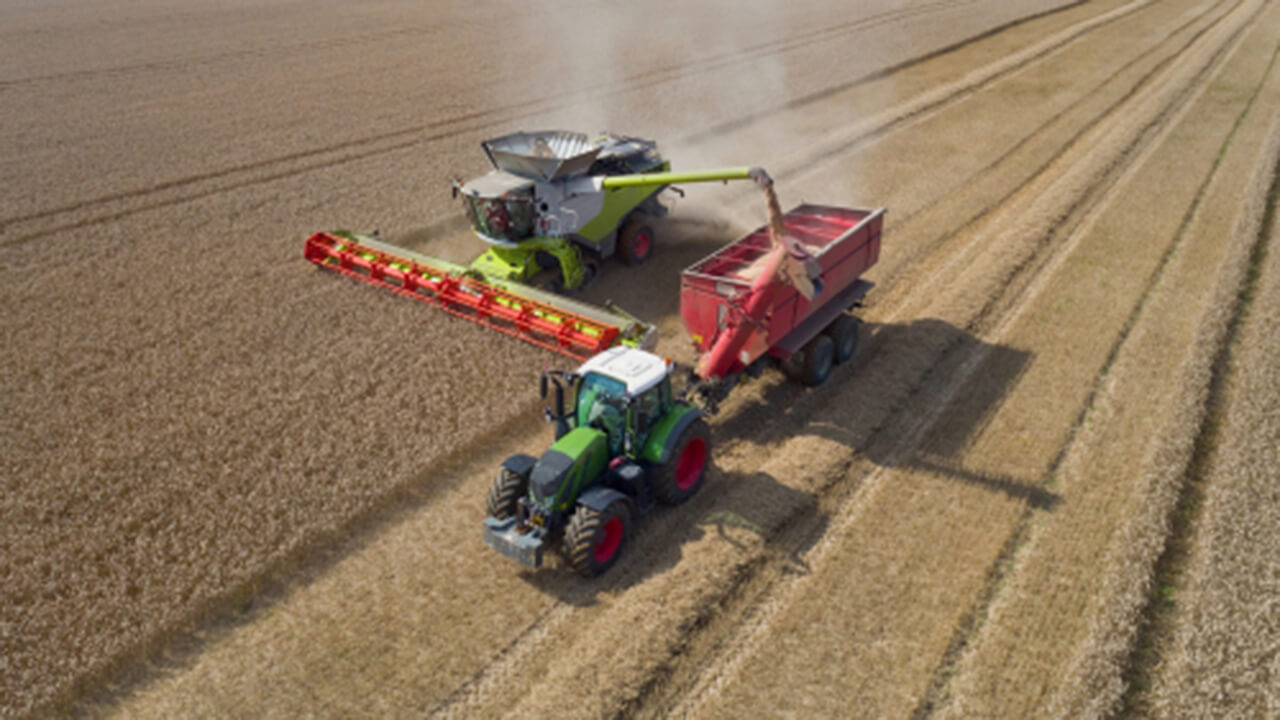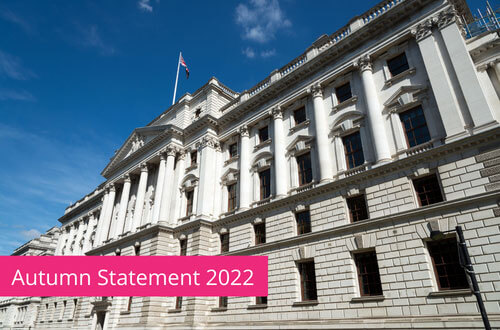A welcome tax announcement in the so-called “mini budget” in September, and which wasn’t reversed by the more recent Autumn Statement in November, was that the Annual Investment Allowance (AIA) would be £1m p.a. from April 2023 onwards.
The AIA enables businesses (both companies and unincorporated partnerships and sole traders) to potentially claim 100% deduction against their profits for capital expenditure on most plant and equipment that they purchase, up to that maximum level. Above that, and generally speaking the relief is spread across several tax years, rates of 18% p.a. or 6% p.a. apply (on a reducing balance basis) depending on the type of asset that has been acquired.
The AIA is particularly valuable to
farming businesses
where new equipment is very expensive and the tax relief might be the difference in making the purchase affordable.
Since April 2021, companies have been able to claim 130% first year allowances on most equipment purchases, with no annual cap applying. However the vast majority of farming businesses trade as partnerships or sole traders, rather than companies, so this “super deduction” hasn’t been available to them.
The super deduction will end on 31 March 2023 and there was speculation that the AIA might be set at a new permanent level of £500k p.a. (its previous “permanent” level was £200k however it’s actually had the temporary threshold of £1m since 1 January 2019, having been £200k p.a. for the 3 years prior to that).
A more generous limit of £1m is certainly welcomed by agricultural businesses, and for the minority that do trade as companies, this will partly ease the pain of the ending of the super deduction, as at the same time the main rate of corporation tax is due to increase to 25%.
For corporate farmers looking to maximise their use of the super deduction, the date of the expenditure in the lead up to the phase out date of 1 April 2023 will be crucial.
Taking delivery and/or the bringing into use of an asset is generally sufficient, however if delivery will not occur until after that date, then merely having an asset “on order” is not generally enough. Whereas, physical payments made towards the purchase will generally count.
As ever, speak to your usual Rickard Luckin contact if you are unsure.
This article is from the latest edition of our Agricultural Briefing. To receive future copies of any of our newsletters directly to your inbox, please visit our preference centre to register your interest.
If you have any questions about the above, or would like more information specific to your circumstances, please enter your email address below and we will get in touch:
Related View All
















